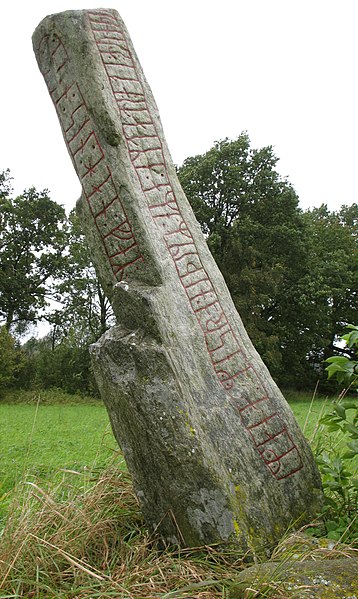Infinite photos and videos for every Wiki article ·
Find something interesting to watch in seconds
Celebrities
Kings of France
Wonders of Nature
Best Campuses
Great Cities
Recovered Treasures
Great Artists
Ancient Marvels
Richest US Counties
Tallest Buildings
Sports
Countries of the World
Crown Jewels
Wars and Battles
Famous Castles
Rare Coins
Supercars
Orders and Medals
Great Museums
Presidents
World Banknotes
Animals
Largest Palaces
British Monarchs
History by Country
Largest Empires
more top lists


